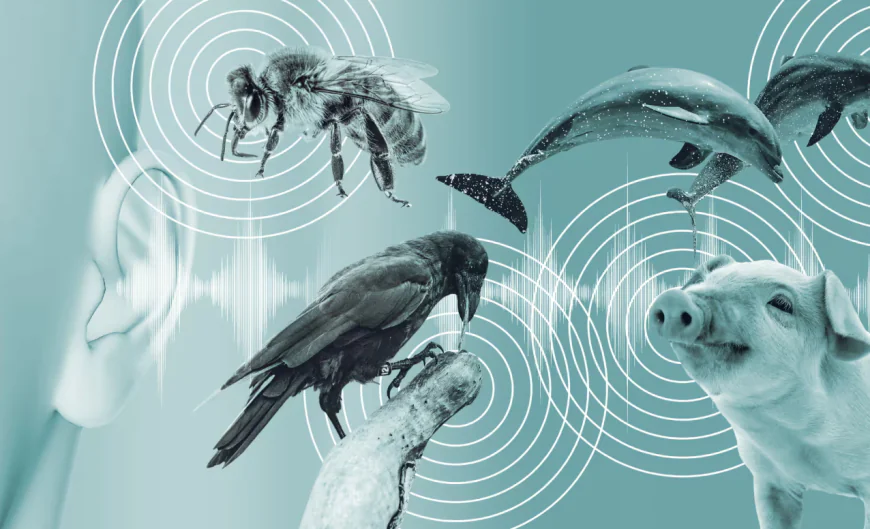New AI-Focused Centre to Decode Animal Consciousness and “Translate” Pet Feelings
It will be September 30 when the London School of Economics and Political Science (LSE) opens the Jeremy Coller Center for Animal Sentience. Its goal is to change how people think about and talk to animals like cats, dogs, crabs, snails, coins, and birds.

The London School of Economics and Political Science (LSE) will open the Jeremy Coller Centre for Animal Sentience on September 30. Its goal is to change the way people understand and talk to animals other than humans, like dogs, cats, crabs, snails, and insects. With a £4 million gift from the Jeremy Coller Foundation, it will bring together experts from many fields, such as philosophy, veterinary medicine, economics, behavioral science, and artificial intelligence.
Referring to "Pet"
One of the most interesting things the center is working on is making AI tools that will let pet owners "talk" to their animals. In the future, pet owners might not have to rely on body language or guesswork to figure out what their animals want or feel. Instead, they could use apps or voice interfaces driven by large language models (LLMs) to do this.
But Prof. Jonathan Birch, director of the center, warns that "AI often makes up responses that please the user rather than being rooted in objective reality." This could be very bad for the dog's health if, for example, owners are told that a lonely dog is happy just to keep them from being upset. So, the center promises to create moral frameworks and rules to make sure that AI is used responsibly in animal contact.
Ethics and welfare are part of a bigger plan

The center does a lot more than just help cats. Birch says that robotic cars should think about hitting animals as well as people. In the same way, growing AI and automation in industrial farming need immediate ethical scrutiny. Should machines that take care of animals maintain kind, humane relationships, or could they accidentally hurt animals' health in the name of cost-cutting?
Trustees like Prof. Kristin Andrews and Dr. Kristof Dhont stress how important the project is for science: studying animal sentience can help solve bigger puzzles, like how we think and feel. The center wants to learn things that can be used in both neuroscience and philosophy by studying simpler creatures like insects and cephalopods.
Needs and Effects on Society
Jeff Sebo, who runs NYU's Center for Environmental and Animal Protection, says that the center's work addresses "some of the most important, difficult, and neglected issues" that society faces, especially since billions of animals live on Earth with people.
Because of the delay in regulations, experts think the center is important and needed right now. Birch says that there is a "total lack of regulation" right now when it comes to how AI affects animals, whether they are pets or wild animals or animals that are raised for food. The goal of the center? To set up global guidelines and safe rules of practice with the help of NGOs, governments, and international organizations.
Moving Toward a More Caring Future
The idea behind the Coller Center is simple but deep: "Only when we better understand how other animals feel and communicate will we be able to admit our own shortcomings in how we treat them," says Jeremy Coller. He uses the idea of a "Rosetta Stone" to explain how he thinks AI can be the key to new kinds of understanding between species.
The center wants to change everything from pet care to farm policy by combining cutting-edge AI with strict ethics. Ultimately, they want to change how we connect to the many animals we share our world with.

















































